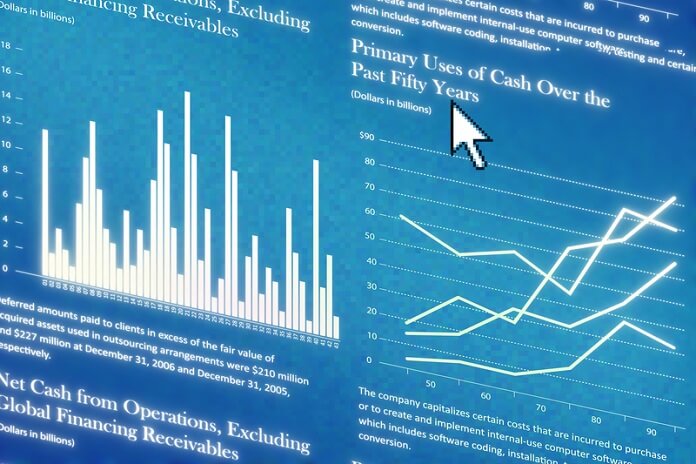As Philip Morris (NYSE:PM) prepares to report earnings this Thursday, investors may need to get up to speed on a couple of things. First, the company’s valuation shows that shares seem to be fairly valued, given that the timeline of achieving its smoke-free revenue contribution target might be pushed further back.
The tobacco company’s shares have performed well in the current bear market, declining by only about 6% on a year-to-date basis compared to the S&P 500’s massive correction of more than 18% over the same period.
The resiliency of the company’s share price is certainly understandable, considering the unique nature of the tobacco industry. Tobacco leaves, the primary raw materials for PM, are far less susceptible to inflationary pressures compared to other commodities. As a matter of fact, the standard industry practices involve leaf merchants making long-term contracts with tobacco growers, according to a recent report by Market Research Future. This is in stark contrast to other industries where raw materials are purchased through short-term agreements, and multiple buyers are in play.
PM’s expansion strategy has also contributed significantly to its share price performance. Back in May, the company revealed that it would be buying Swedish Match (OTCPK:SWMAF) in a $16 billion deal expected to close by the end of this year. The deal is significant considering that the Swedish match is the largest seller of nicotine pouches with a 40% market share globally. In addition to this, smoke-free products accounted for about 60% and 75% of Swedish Match’s revenue and operating income, respectively.
Earnings expectations
PM’s investors should be aware that Q2 earning results won’t be as appealing as the first quarter’s. The company is facing several headwinds that will impact its overall performance, such as hyperinflation in Turkey, bringing a challenging exchange rate environment, the timing of HTU and cigarette shipments to Japan and increasing additional air freight costs.
Additionally, the company’s exit from Russia, an essential market for its iQOS heated tobacco products, is a significant setback with regard to its long-term smoke-free revenue contribution goal.
Second quarter revenue is expected to decline by roughly 11.4% year over year, according to data from S&P Capital IQ, which pales in comparison to the 2.1% revenue increase in the first quarter. Normalized earnings per share are expected to dip further from 0.6% in the first quarter to about 21% in Q2 on a year-over-year basis. This should, however, come as no surprise for investors since the company had already cautioned investors regarding some of the potential challenges mentioned above.
Valuation
The market currently values Phillip Morris at 16.5x forward twelve months P/E according to data from S&P Capital IQ, which appears to correspond to the company’s historical average. For better context, PM’s five-year and ten-year consensus forward normalized P/E were 16x and 17.2x.
Historically, PM has had a high return on assets ranging from the high teens to the low twenties, attracting a valuation premium. However, the company’s bottom line growth has been limited, and during the Q1 press briefing, it noted that one of its mid-term goals was to achieve at least 9% growth in currency-neutral adjusted EPS.
Summary
PM’s long-term goal centers on its ambition of essentially becoming a smoke-free business in revenue by 2025, according to the first quarter earnings briefing. This will be the essential catalyst that will drive the company’s valuation re-rating, meaning if it can start realizing some of these goals, there is the likelihood of upside potential.
The only thing investors should be wary of is that PM has stated that it is likely to find itself in a situation where although it will hit its target of delivering smoke-free revenue contribution, there’s a possibility of doing so with a 12-month delay.
Featured Image: Megapixl @Gimbat.















